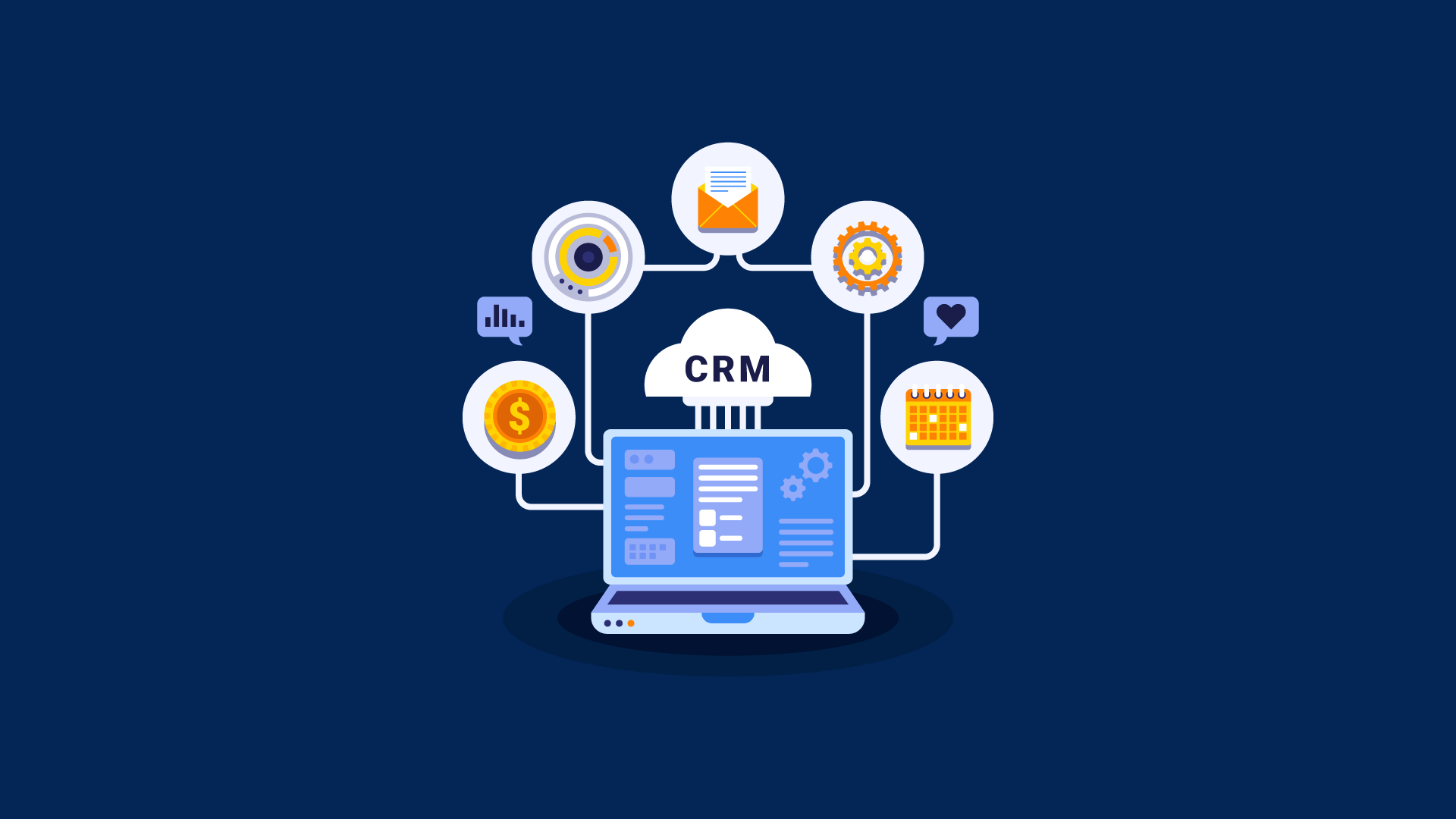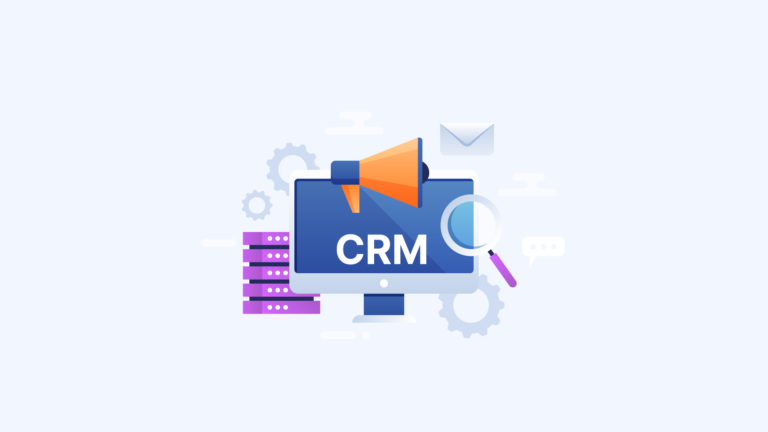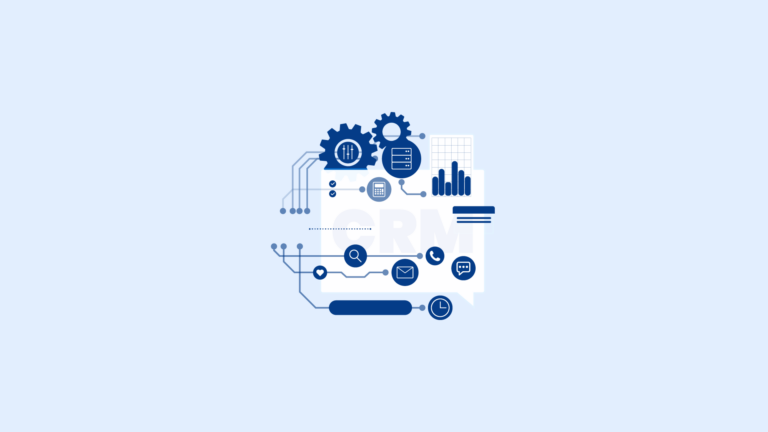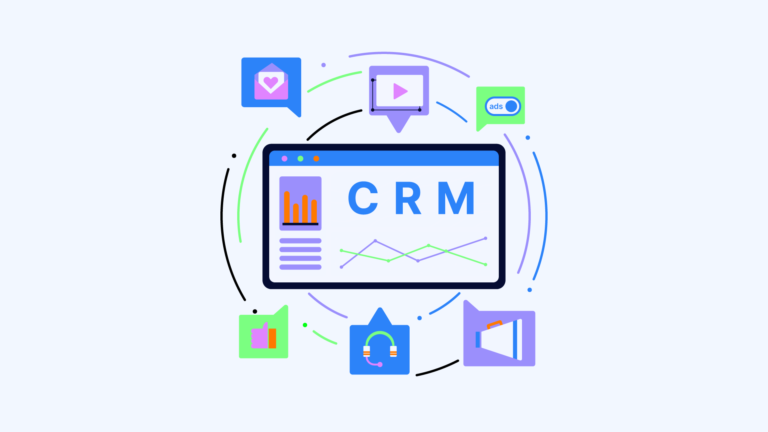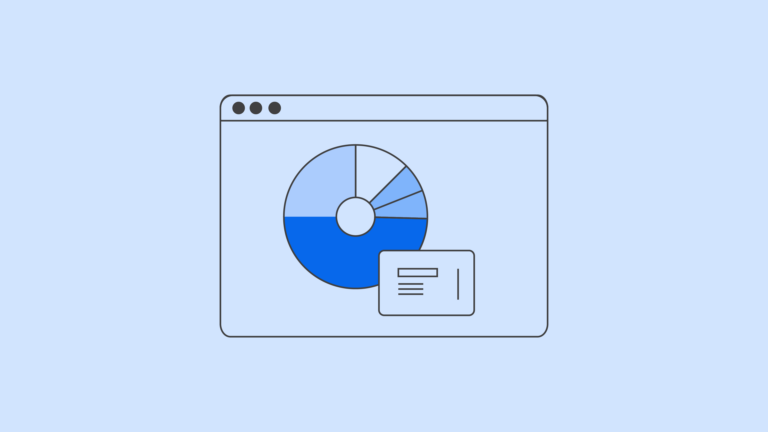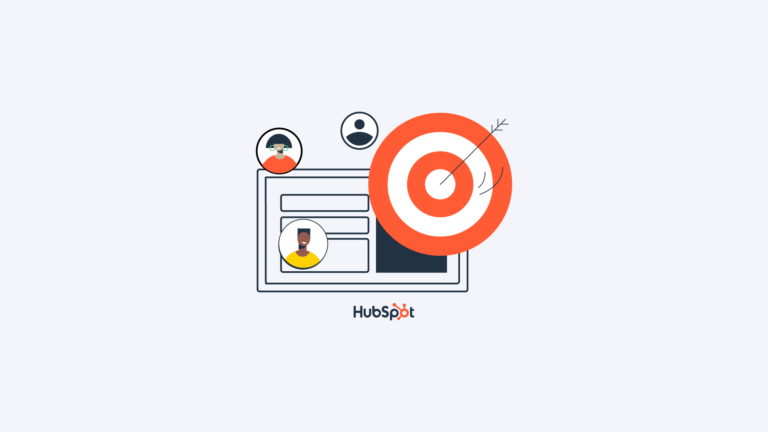CRM stands for customer relationship management. It is a system that allows businesses to better manage their customers through data analysis and organization. Because this system is so important to the success of a business, it’s imperative that you choose the right CRM.
Customer Relationship Management software helps businesses improve customer retention and increase customer loyalty. It in many ways provides them with a service that is personalized and efficient. This software can also be used to boost your profit margin by helping you cross-sell and up-sell products and services.
What is a Customer Relationship Management?
Customer Relationship Management software is a powerful tool for any business. It helps businesses to gain a greater understanding of their customers, and their needs.
A CRM system can also be used to improve customer service, communication, and data security. In fact, it’s one of the most valuable tools that a company can have for managing its customer relationships.
It’s important to note that not all CRM systems are created equal. Some are more expensive than others, and some are more effective than others as well. It’s also important to choose the right CRM system for your specific business in order to get the most benefit from it.
One option that we recommend is HubSpot’s free CRM system, which has many great features and benefits of its own.
What are the Benefits of a CRM System?
The first step to using a CRM is to make sure the software can handle all the data you need to store. If that means searching for a CRM that can handle hundreds or thousands of contacts, it’s probably worth it.
While most businesses will not have to deal with this issue, it is great to ensure that your Customer Relationship Management software can grow with your business.
With a good software, you should be able to view information on every customer and every product your company has sold. Thus, you should be able to keep track of all orders easily.
In general, the following are the 6 benefits of a CRM system:
- Improves customer service
- Helps build more effective communication
- Creates faster decision-making processes
- Improves data reporting
- Saves time
- Improves security and data protection
- Improved Customer Retention
- Centralized data storage
- A better way to segment customers
1. Improves customer service
CRM software is an invaluable tool for businesses looking to improve their customer service.
By managing all of your contacts and gathering important customer information, such as demographics, purchase records and previous messages across all channels, CRM software provides a comprehensive view of the customer that can be easily accessed by anyone in the company. This ensures that employees have all the necessary information they need to provide a better customer experience.
When you think of CRM, you might think of a database or software that can help your business deliver better customer service. But there’s more to it than that.
A good Customer Relationship Management system helps you manage customer relationships — and that includes other key areas of your business, too.
Having access to this data allows companies to tailor their services to meet the specific needs of each individual customer. This helps create a more personalized experience which can lead to increased satisfaction and loyalty from customers.
Additionally, having access to this data also allows companies to identify potential problems before they arise, allowing them to quickly address any issues that may arise and prevent them from escalating into bigger problems.
By utilizing modern CRM software, businesses can ensure that their customers are receiving the best possible service and experience.
2. Helps build more effective communication
CRMs allow you to manage communications with customers and prospects through the sales process. This improves overall customer service.
This is especially useful if you’re starting out and don’t have a system in place yet. Or, if you’ve had issues with order processing, cross-selling, upselling, or tracking information it’s a good choice.
Managing communications with prospective leads is an important part of the sales process. It can be difficult to keep track of all the interactions and ensure that each lead is nurtured properly. A CRM system can help streamline this process by automatically managing communications with prospects.
It sends out alerts when it’s time to reach out, tracks emails, phone calls, and other interactions, and provides a holistic view of the customer journey. This makes it easier to determine what steps need to be taken next in order to move the prospect closer to a sale.
CRM systems also provide valuable insights into customer behavior and preferences. By tracking every interaction, you can gain a better understanding of how customers interact with your business and what kind of content resonates best with them.
This data can then be used to create more targeted campaigns that are tailored specifically for each lead or segment of leads. With managed communications through a CRM system, you can ensure that your leads are being nurtured properly and efficiently so that they eventually become paying customers.
3. Creates faster decision-making processes.
A CRM solution can help you make better decisions about your business and customers in real-time. It provides immediate access to key information.
Your sales team is able to understand past interactions with customers in real-time. This way they can react accordingly to any previous issues the customer may have had.
This also helps them make more informed decisions about whether to move forward with a sale based on the customer’s history and preferences.
4. Improves data reporting.
Instead of having to dig through data from multiple sources, a CRM system makes it easier to collect and analyze data in one place. Most systems offer the ability to generate custom reports, and many integrate with third-party analytics programs.
By using a CRM, your sales team will be able to offer customers personalized experiences. A good CRM automatically records data about each customer — like their purchase history or contact information. This in turn allows your team to tailor their approach based on what they know about the individual customer.
Automated sales reports are an invaluable tool for any business looking to maximize their sales performance. With the help of customer relationship management (CRM) software, teams can easily collect and organize data about prospective and current customers.
The CRM dashboard and reporting features allow employees to automate and manage their pipelines and processes, giving them a comprehensive view of their performance. This allows team members to evaluate their progress on each project at a glance, track their quotas and goals, as well as identify areas where they need to improve.
The automated sales report feature also helps managers keep tabs on the performance of individual team members. By having access to real-time data about each employee’s progress, managers can quickly identify areas where additional training or support may be needed in order to ensure that everyone is meeting their targets.
Automated sales reports also provide valuable insight into customer behavior, allowing teams to better understand what motivates customers and how they interact with the product or service being offered. This information can then be used to develop more effective marketing campaigns that will help drive more conversions.
5. Saves time for sales, marketing and CS teams
Rather than having to search through multiple resources for customer information. Your sales team can access it all in one place with just a few clicks. This allows them to spend more time selling products and services and less time doing administrative tasks.
CRM solutions are a great way to automate the boring stuff and free up time for more important tasks. By automating mundane tasks like sending out emails, qualifying leads, and managing service tickets, marketing professionals can quickly reach customers with personalized messages about upcoming sales or events.
Sales reps can be automatically assigned to new prospects without having to manually sort through them. This automation helps ensure that customer service teams can focus their attention on what matters most—attracting, nurturing and delighting customers.
Automation also helps reduce errors caused by manual data entry or other tedious tasks. With automated processes in place, businesses can rest assured that their data is accurate and up-to-date.
Automation also allows teams to work faster and more efficiently since they don’t have to spend time on mundane tasks. By freeing up time for more important activities, businesses can increase productivity and efficiency while still providing excellent customer service.
6. Improves security and data protection.
When it comes to running a successful business, customer relationship management (CRM) is essential. A CRM system helps you manage or track customer data, track sales and marketing activities, and automate processes. But one of the most important benefits of a CRM is that it can help protect your business from cyberattacks and other risks.
The best CRM solutions encrypt user communications at every point of customer interactions. This means that when you sign up for an account or visit a company website, your data is secure and protected from malicious actors.
So you can feel confident that your information is safe from cyberattacks or other risks. Additionally, many CRM solutions offer two-factor authentication to further protect customer data.
7. Improved customer retention
Customer retention is an essential part of any successful business. It ensures that customers remain loyal to your brand and continue to purchase from you, resulting in increased revenue and cash flow.
To achieve this, businesses must use their customer relationship management (CRM) system to track customer sentiment, automate ticketing and customer support, and monitor user behavior.
Sentiment analysis allows businesses to identify how customers feel about their products or services. Automated ticketing helps them quickly address any issues that arise with customers.
Customer support automation enables businesses to provide personalized service for each customer, while user behavior tracking provides insights into what customers are looking for and how they interact with the company’s products or services.
By using these tools, your team members can be rest assured that they are providing the best possible customer experience for their customers and encouraging repeat business.
8. Centralized data storage
Having a centralized database of information is an invaluable asset for any business. With CRM software, companies can easily store and access all customer data in one place.
This makes it easy for sales reps to quickly view what products a customer is interested in or has previously interacted with the company. Having this information readily available saves employees time from having to search through old files and records, and it also creates a better experience for the customer.
The centralized database also allows businesses to track customer interactions over time, which can be used to inform future marketing efforts and sales pitches. This helps ensure that customers are receiving relevant content tailored to their interests and needs.
Additionally, having all customer data stored in one place makes it easier for teams across departments to collaborate on projects related to customers. Ultimately, having a centralized database of information is essential for any business looking to provide excellent customer service and maximize efficiency.
9. A better way to segment customers
Improved customer segmentation is an essential tool for any business looking to maximize their marketing efforts.
By using a CRM, businesses can easily segment their contact lists based on criteria such as location, gender, age, buyer stage and more. This allows them to target specific customers with tailored messages that reflect their preferences and interests.
Automation also helps marketers gain a better understanding of their customers so they can provide more meaningful interactions when they do interact. With improved customer segmentation, businesses can ensure that their marketing efforts are reaching the right people at the right time.
Demographics are also important in marketing as they allow businesses to further refine their customer segments and tailor messages accordingly. By understanding the demographics of their target audience, businesses can create campaigns that speak directly to them and increase engagement levels.
Additionally, demographic data can be used to identify potential new markets or uncover opportunities for growth within existing ones. Improved customer segmentation combined with demographic data provides businesses with powerful insights into who they should be targeting with their marketing efforts for maximum success.
Takeaway: Benefits of a CRM
The businesses that effectively use a CRM are the ones who, first and foremost, have a good grasp of their customers. The biggest challenge that most small businesses face is that they don’t have enough time to spend with each customer on an individual level.
By putting a CRM system in place and utilizing it efficiently, smaller firms can not only improve their customer retention. They can also improve their margins through cross-selling and up-sell tactics – all at the same time.
In the end, customer relationship management can be a great tool for any business owner or company in any industry. It provides an easy way to manage client data and communications and can be used to boost sales and reduce customer turnover.
Some businesses will find that these systems are essential to their operations while others may decide it is not. Organizing your customer base doesn’t have to be a hassle though. With good software, you’ll be prioritizing customers with ease in no time.
